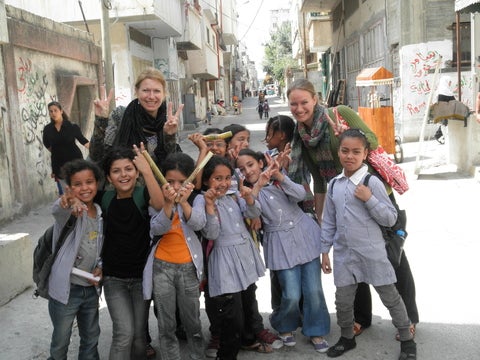
Finding an internship placement is similar to a normal job search process. However, the primary goal is to find a placement that provides a great learning opportunity related to your academic and career goals.
The more clear you are about what you want to do, the more valuable you will be to the organization and the more you will learn what you want to. Below are some questions to consider when deciding what type of placement and where would be a good fit.
Questions to ask yourself
Placements in domestic and international locations, and in any sector of work will offer great opportunities for learning and applying your skills as a PACS student. It's important to understand what you hope to gain and how each placement will help you achieve your goals. If you're unsure, discuss your hopes and concerns with the Internship Coordinator to help you find the right fit!
Other resources
PACS Career Guide
The PACS department has developed a Career Guide (PDF) for our Master of PACS students. This guide can also be used to aid in your exploration of career options and possible internship paths.
Centre for Career Action
The Centre for Career Action at the University of Waterloo is an amazing resource for students. They offer workshops, one-on-one appointments, and online resources to help you figure out your long term goals and planning your career path. This is an excellent resource to utilize as you begin your search process.